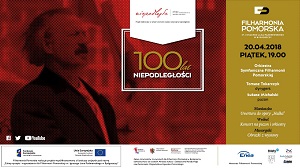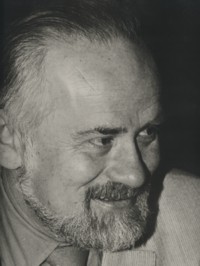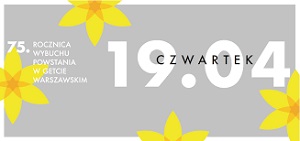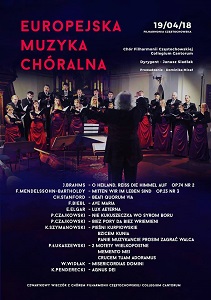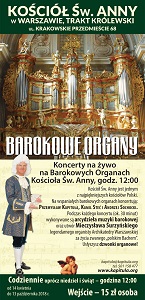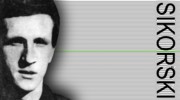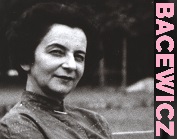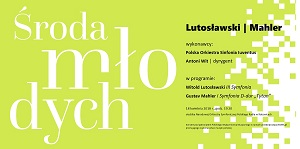 The next concert of “The Youth's Wednesday” series will take place on 18 April 2018 at 7.30 p.m. in the Katowice headquaters of the Polish National Radio Symphony Orchestra. Polish Sinfonia Iuventus Orchestra under the baton of Antoni Wit will perform Mahler's Symphony No. 1 'The Titan' and Lutoslawski's Symphony No. 3.
The next concert of “The Youth's Wednesday” series will take place on 18 April 2018 at 7.30 p.m. in the Katowice headquaters of the Polish National Radio Symphony Orchestra. Polish Sinfonia Iuventus Orchestra under the baton of Antoni Wit will perform Mahler's Symphony No. 1 'The Titan' and Lutoslawski's Symphony No. 3.
Gustav Mahler is one of the titans of the symphonic genre, which makes up the central part of his body of work. Working at the turn of the 19th and 20th centuries, he brings a kind of closure to the grand Romantic and Neo-Romantic symphonic tradition, while also transforming it significantly and leading it into the new century. As a rule, all of his symphonies contain multiple musical and extra-musical programme references, sometimes directly preceded by a commentary (or a vocal text, since singing is present in some of them), and sometimes left to the listener’s imagination. The first of his nine finished works was originally titled The Titan, referring to the novel by Jean Paul, but was later withdrawn. However, the imagination of the attentive and sensitive listened is strongly influenced by other allusions – citations from the children’s canon song Frère Jacques used here as a gloomy funeral mark, as well as from songs from Mahler’s own youth (Lieder eines fahrenden Gesellen) that tell the story of the anguish of unrequited love.
The second composition of the evening will show a completely different, new face of symphonic music, in Witold Lutosławski’s poignant and dramatic work – his Third, which is considered to be an epic work. Composed in 1983, which was a difficult year for Poland – the final days of the grim martial law, a time of poverty, hopelessness and oppression – it was willingly seen by many commentators as the artist’s personal reaction to these events. The composer himself, always strongly defending the autonomy of his work, generally rejected such direct interpretations, and in this case, he said: “If we agree that music can mean anything extra-musical, then we must consider music to be art with more than one meaning. Man has one soul, after all, and what he goes through must have some influence. If a man has one psyche, then despite all the autonomy of the world of sounds, he is a function of that psyche. […] I can say that I would be honoured if I was able to express something that can be associated not only with my personal experiences, but also those of other people.”
The concert will be led by Antoni Wit, one of the most renowned conductors in Poland and around the world, who has been the artistic director of the National Philharmonic, with which (along with other renowned ensembles) he has performed and recorded an impressive repertoire. The works of both Mahler and Lutosławski were often featured there, arousing the enthusiasm of listeners and critics, and so the excellent band leader is another important reason to spend the evening of the 18th of April with the Polish Sinfonia Iuventus Orchestra.
A concert is organized under the patronage of the Polish Music Publishing House within the framework of TUTTI.pl project to promote the performance of the Polish music.
Media patronage: Polish Music Information Centre POLMIC.
Information about tickets at the NOSPR website.









 27 kwietnia 2018 roku w Witten (Niemcy) odbędzie się prawykonanie Cleopatra’s Songs na głos i zespół instrumentalny
27 kwietnia 2018 roku w Witten (Niemcy) odbędzie się prawykonanie Cleopatra’s Songs na głos i zespół instrumentalny 